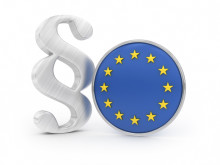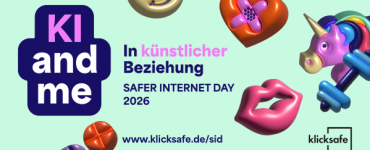In the fight against terrorist content on the Internet, the EU Commission now wants to take regulatory measures. To this end, today it presented a corresponding legislative proposal. For Oliver Süme, Chair of the Board at eco – Association of the Internet Industry, the EU Commission's regulatory initiative in the fight against terrorist content on the Internet is inexplicable – especially given the significant progress made by platform providers in a short space of time in the fight against illegal content. This progress is clearly evidenced for example, in the current EU Transparency Report.
“The companies have taken on numerous self-regulatory commitments and are cooperating more intensively than ever before with politics and law enforcement authorities. Because, ultimately, it is quite clear that no serious company will tolerate content which is blatantly illegal on its websites. There is a prevailing worldwide consensus that terrorist crimes must be condemned and combatted in the strongest possible manner,” says Süme.
The draft regulation published today, on the other hand, will hardly contribute to a further improvement of the situation. Even the analysis of the EU Commission's own consultation shows that more than 82% of the private respondents see no need for new measures and, instead, that 90% of them accord priority to freedom of expression. Particularly in recent years and months, companies have massively stepped up their efforts in the fight against illegal online content – and above all against child sexual abuse material and terrorism. The algorithms used by the major Internet platforms to identify suspicious material have been continuously improved.
The existing legal situation stipulates that illegal content must be deleted immediately as soon as platform operators become aware of it. “In this respect, a legal change is not at all necessary,” says Süme. However, the EU Commission now wants to introduce a rigid time window for the take-down of terrorist content. Following a removal order from authorities, platforms will be obliged to delete the aforementioned content within one hour. “Imposing a fixed time window is purely a symbolic policy. It suggests that authorities have so far tried in vain to have terrorist content deleted by the operators in a timely manner. The opposite is the case. Rigid time limits would only have the effect of posing insurmountable problems for smaller companies in particular.”
eco therefore urges a continuation of the path taken thus far: that of a full societal collaboration in the fight against illegal online content. Instead of creating new legislation, consistent criminal prosecution is the key to effectively and sustainably combatting crimes on the Internet. The State must combat the cause of the problem by effectively prosecuting the perpetrators: “We need more public prosecutors and judges so that the State can fulfil its criminal prosecution mandate. This cannot increasingly be shunted off to the private sector, especially not in the case of terrorism,” says Süme.




